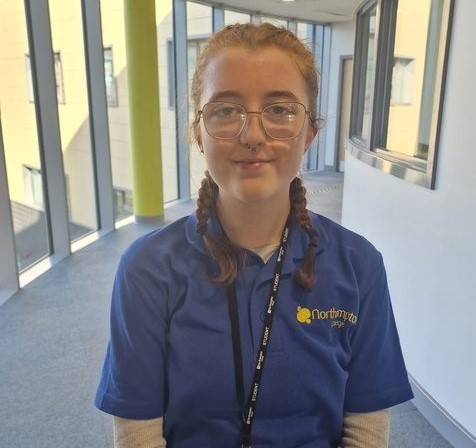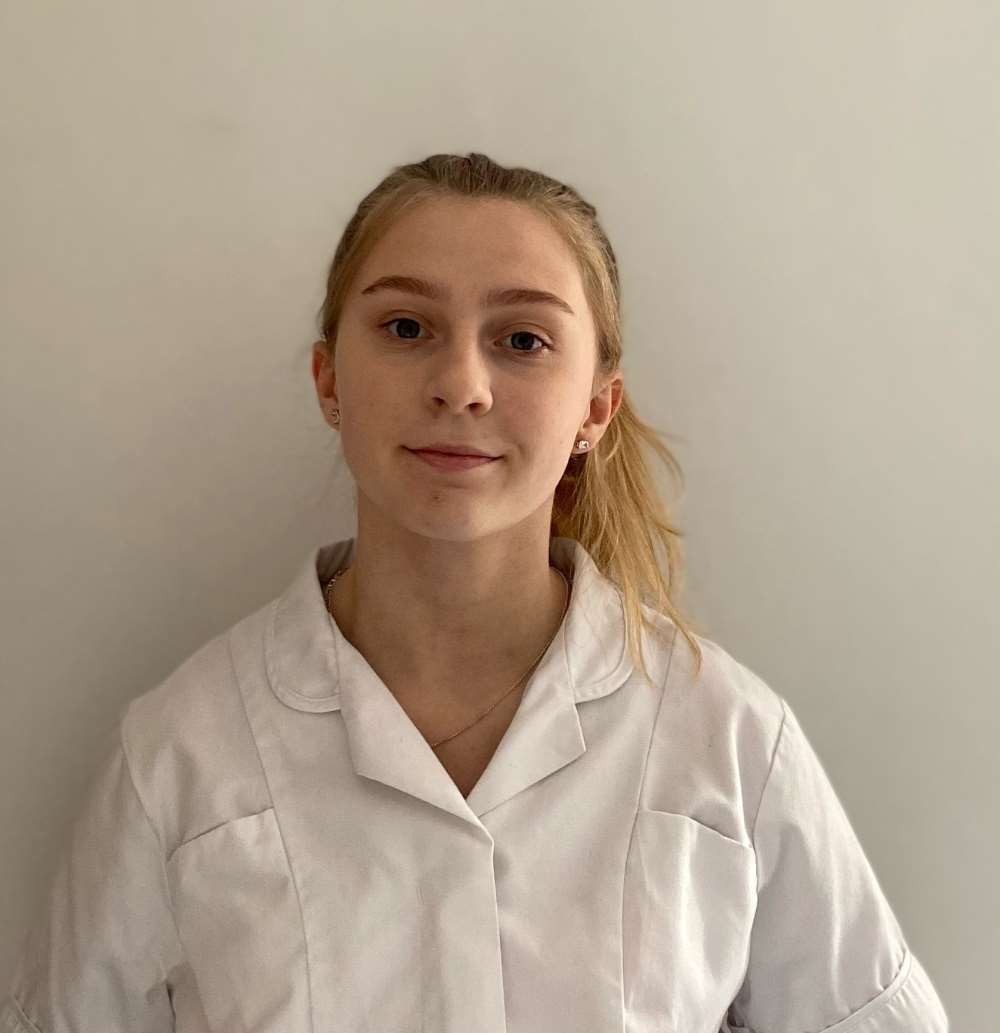The Level 3 Interior Architecture and Spatial Design will introduce students to traditional and digital design skills and their application in Architecture, interiors, spatial and 3D design. The course allows students to focus on their chosen specialism during their second year of the course.
- Contextual influences in spatial design
- Design methods
- Computer applications
- 3D computer applications
- Managing a client brief
- Developing and realising creative intentions
- Professional Practice in Spatial Design
- Materials, techniques and processes
On completion of this course, you will achieve a Level 3 UAL Extended Diploma in Creative Practice: Art, Design and Communication: Spatial Design
-
What will I study?
The units you will study are:
Core Units: Diploma
- The Creative Process
- Developing Creative Practice
- Responding to a set brief
Core Units: Extended Diploma
- Researching a Specialist Industry Practice
- Specialist Technical Skills Development
- Specialist Creative Outcome
-
Who is this course for?
This course is ideal if you have an interest in Architecture, 3D Design, Interior design and Spatial design and wish to gain a Level 3 qualification in Interior Architecture and Spatial Design
-
How is the course assessed?
Portfolio/Assignment based assessment working with strict deadlines. Internally and externally moderated assessed units.
On the UAL Level 3 Diploma students will take a total of three units to complete the diploma qualification and six for the extended diploma. All work is internally set and assessed and unit 3 and 6 are externally moderated by the exam board.
All units are graded and students are required to achieve a minimum of a pass in each unit to achieve the full qualification grade. Units 1 & 2 and 4 & 5 are awarded at a pass grade only. Unit 3 and 6 provides the overall qualification grade either P (Pass), M (Merit), D (Distinction).
-
Your Study Programme
We will make sure you are working at the right level on your core qualification and are challenged to achieve the highest level of qualification you can.
Work experience will be part of your study programme and complement your college study and prepare you for employment.
You will also be involved in activities to help you develop life skills and to build your confidence so you can make progress in your career.
If you have chosen to study for a T Level qualification, this will involve college-based theory and practice lessons along with relevant work placement to enable you to gain the knowledge, skills and behaviours that employers are looking for.
Weekly timetables will include tutorial support which may comprise of full group activities or one to one sessions to discuss individual progress or support needs.
All students will continue to improve their maths and English and if you don't have a grade 4 (C) at GCSE, we will work with you towards achieving that goal (subject to specific entry requirements for particular courses).
-
Knowledge
You will develop a thorough knowledge and understanding of:
-
A range of different artists, crafts and designers both from current art practise and in art history and other cultures
-
The creative industries relevant to a specific chosen area of focused interest
- Sustainable practice in the creative industries and how this can be applied to student's own studio practice.
-
-
Skills
You will have the ability to:
-
Develop specialist skills in a range of art and design materials, techniques and processes relevant to the chosen course of study
-
Develop skills in applying design ideas, problem solving and to be able to apply them to specific design project briefs
- Develop skills in presenting art work in a portfolio of work, both digital and practical to prepare for progression to employment or university.
-
-
Behaviours
What is required?
Respect and Inclusivity: Foster a culture of respect for all individuals, embracing diversity and promoting an inclusive community.
Responsibility: Take ownership of your learning and actions, demonstrating reliability in attendance, participation, and submission of work.
Engagement: Actively participate in lessons and college activities, showing enthusiasm and commitment to your studies.
Collaboration: Work effectively with peers, valuing teamwork and contributing positively to group projects and discussions.
Perseverance: Show resilience in the face of challenges, maintaining a positive attitude and striving for continuous improvement.
Professionalism: Exhibit a professional demeanor, including appropriate communication and behavior, which prepares you for future employment.
-
General info
Students will be expected to purchase some basic equipment relevant to the course. This will be conveyed to them in the form of a kit list, sent via email during the summer before they enrol.
There may be opportunities to go on trips throughout the year, the cost of these will be discussed with students ahead of time.
Students from households with a low income may be eligible to apply for financial support from the college bursary fund. The bursary applications open from mid August on the college website under the section: Support for Students, Bursaries & Finance.
-
Progression and Career Opportunities
This course is a practical way to achieve the equivalent of 3 A Levels in a vocational setting and will lead to either further study at degree (depending on achievement)/ employment/ full time work/University/Apprenticeships or the Foundation Diploma in Art & Design.
-
Entry Requirements for new students
4 GCSEs at Grade 4 including English & Art [or Design Technology] & a portfolio showing your skills & particular interest in art. This can include GCSE artwork and personal work produced at home. The level of course you enrol on will be based on the quality of your artwork.
References can be requested- from the course lead.
-
Admissions Process
We recommend that you attend one of our exciting open events so that you can look around the department, the college and meet the tutors. You are welcome to do this before or after you apply. These events have proved very successful in ensuring students and their families see the best of what the college has to offer such as our inspirational teaching areas, teachers, library facilities and places to eat.
Once you have applied our experienced Enrolment Team will consider your application carefully and will let you know, by email, if the College would like to make you a conditional offer based on you meeting the specified entry requirements. If your predicted grades or career aims suggest that an alternative subject area or course level would be more appropriate for you at this stage, we will contact you either by telephone, email or text. If you have told us that you have some additional support needs we will contact you to find out more so that we can help you.




